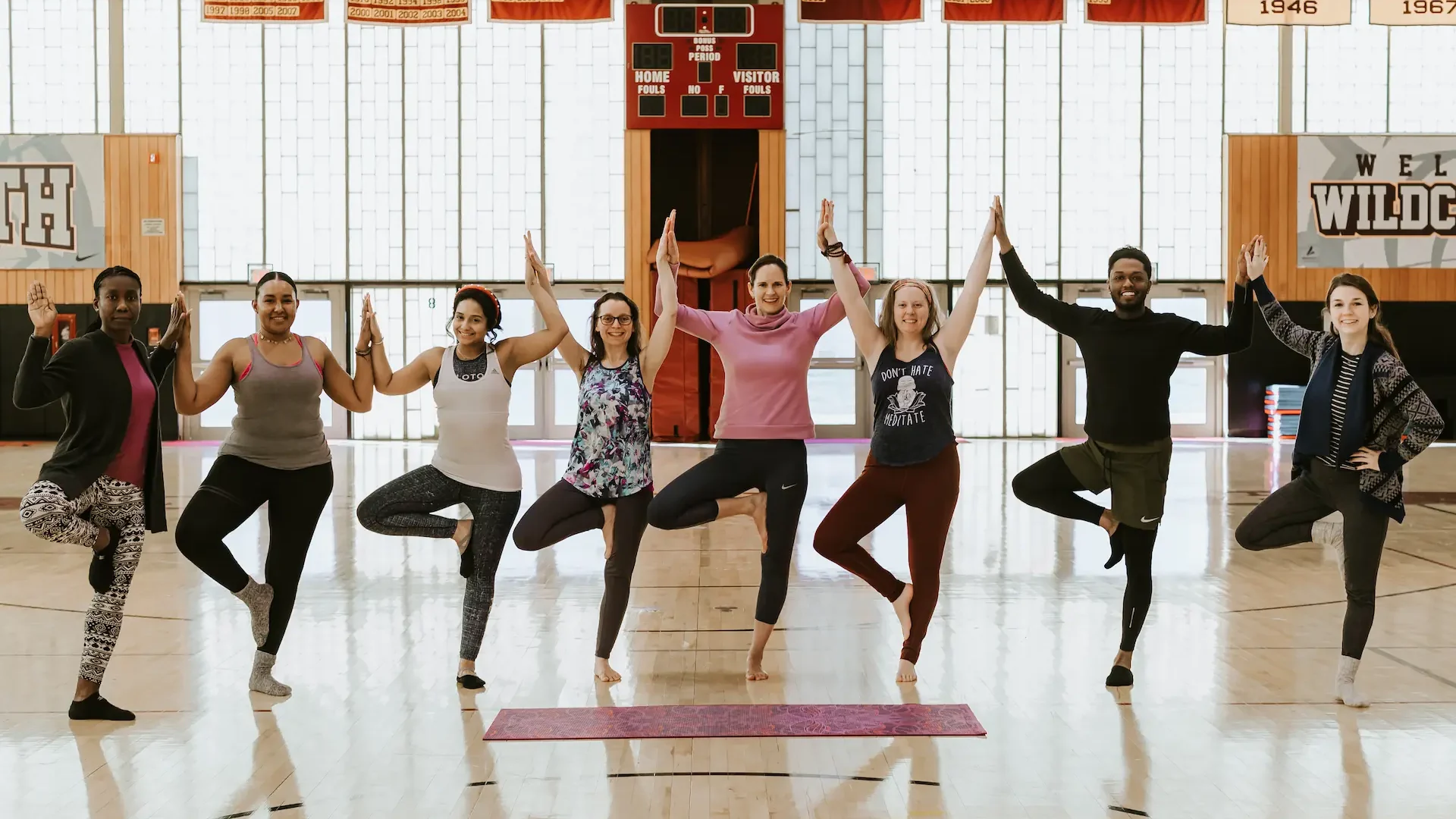Yoga Ed. has a new home!
Find us on Breathe For Change.
A well-respected leader in the education industry, Breathe For Change is on a mission to Change the World, One Teacher at a Time. Together, we are thrilled to continue providing educators and students with evidence-based programs to cultivate positive, inclusive, and transformative school communities. All of our trainings and classes have now moved to Breathe For Change’s Educator Collective. Start your yoga education journey by visiting Breathe For Change today.
Returning Customer?
Log in here to access your courses and make changes to your subscriptions.


